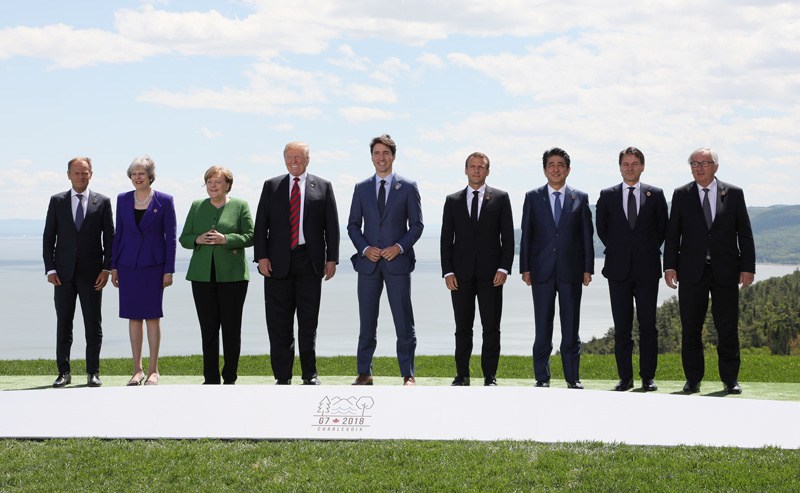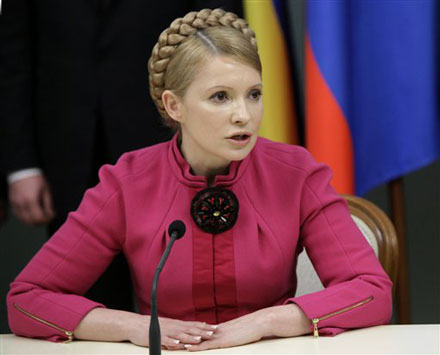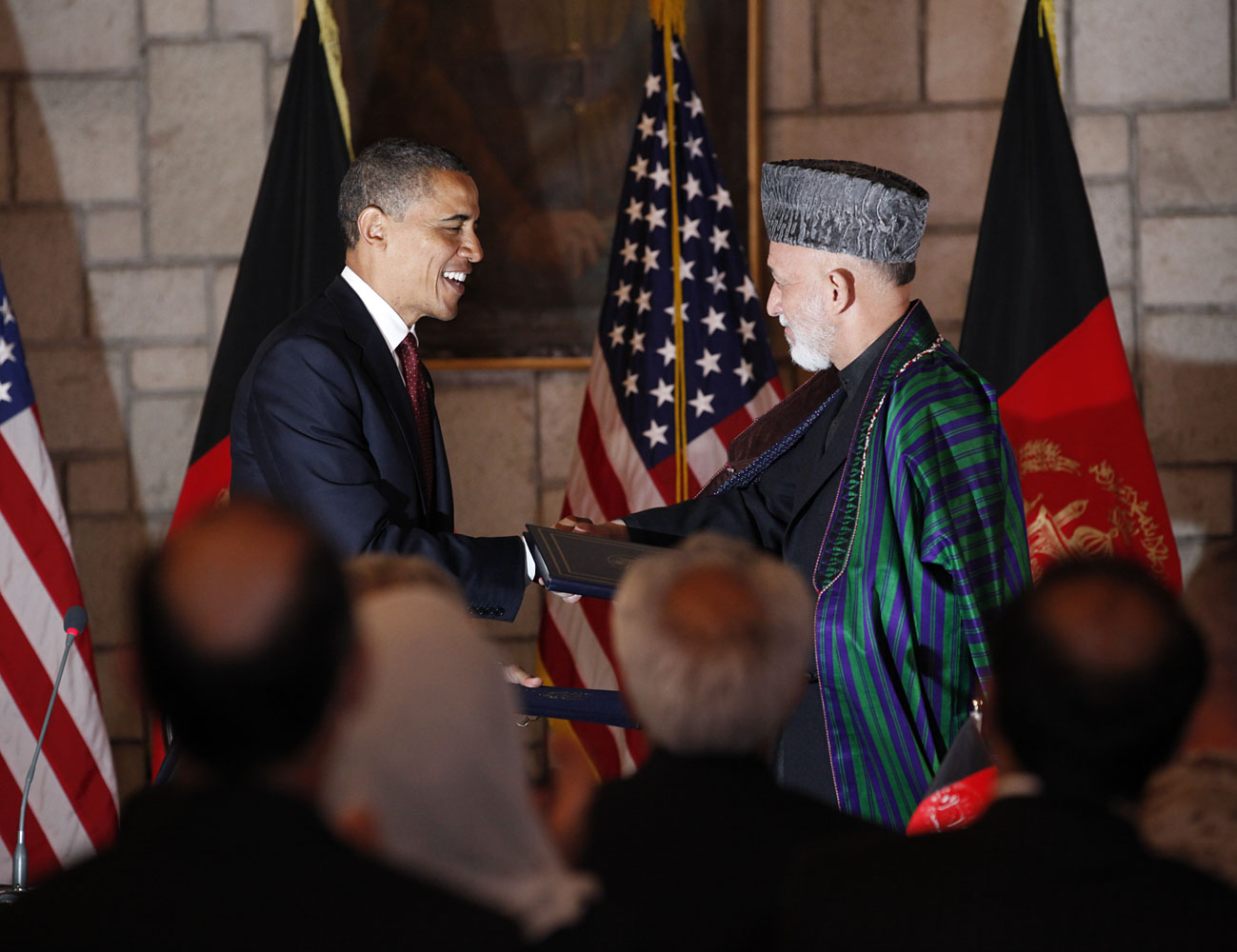Since 2017, when the #MeToo campaigned kick started an international discussion on sexual harassment in the workplace, women’s rights and global gender equality have been at the forefront of political discourse within Canada and abroad. Building off the momentum generated by the movement, Canadian Prime Minister Justin Trudeau signaled his intent in late 2017 to use Canada’s G7 presidency to show world leaders what feminist policy would look like on the global stage. This can notably be seen through Trudeau’s commission of the Gender Equality Advisory Council. The council aimed to present recommendations to the G7 heads of state that would attach gender equality considerations across all discussions at the summit.
The Gender Equality Advisory Council distinctively reflects Canadian values and ambitions as G7 President. It explicitly recommended “pledges to ‘mandate’ gender parity on boards and leadership positions by 2030”. It urged leaders to fight gender-based violence, sexual harassment, and “provide comprehensive sexual and reproductive health services”.
The G7 is notably comprised of seven of the world’s most advanced economies, and together they hold 62% of the world’s net wealth and 32% of the global PPP as a percentage of GDP. As the June 9th meeting came closer, and G7 leaders gathered in the Quebec resort town of La Malbaie, questions arose with regards to Canada’s ability to effectively pave the way for the empowerment of women and more inclusive economic growth. It had achieved its goal in putting forward a progressive agenda for gender equality, but would its G7 counterparts accept all of its recommendations?
Historically, policy agreements made at the G7’s annual summit have had global impact, often trickling down to non-G7 countries worldwide. But with the U.S.’s retreat from global leadership and President Donald Trump’s adversity to the rules based international order, the focus of the 2018 G7 summit in Quebec was inevitably shifted. As last weeks meeting loomed closer, it became clear that Canada’s G7 gender equality agenda was going to be derailed by debate over U.S. tariffs.
First, lets look at where things went well.
The G7 announced an investment of nearly $3.8 billion CAD to support female education for those living in marginalized communities within conflict-ridden and fragile states. Of this investment, $400 million will come directly from Canada, with the rest of the contributions coming from the European Union, Germany, Japan, the U.K., and the World Bank. This investment reinforces the empowerment of young women, and in the long run will give them a better foundation to bring themselves out of poverty and instability. Contributions were notably missing from France (who pledged money earlier in the year) and the U.S.
Now, here are where things went wrong.
Important recommendations from the Gender Equality Advisory Council did not make it into the Charlevoix G7 Summit Communiqué .Most notable was any reference to women’s sexual and reproductive health. In its absence, Canada fell short in its goal of being truly transformative. Instead, less controversial areas of gender equality received greater funding: women’s education and economic advancement. Although important and crucial in their own right, these issues are heavily compatible with more mainstream ideas of how to tackle gender equality issues. It unsurprisingly falls in line with Trump’s track record of overhauling any form of progress for women’s health and reproductive rights. Unresolved issues like sexual and reproductive health reveal the G7’s inability to influence tangible progress for gender equality in the years to come. Working towards gender equality and the empowerment of women must be supported from every level, and G7 member-states cannot pick and choose certain issues to exclusively fund without realizing that such actions will fail their fight for gender equality in its entirety.
In addition to this, the $3.8 billion investment in women’s education was severely overshadowed within the media by talks of U.S. tariffs and Trump’s impending meeting with North Korean leader Kim Jong Un. As a global superpower, the U.S.’s contributions and participation at the G7 summit are crucial. But as we saw last week, it was precarious at best. Trump made it abundantly clear through his words and actions that he was in attendance not to be friendly or engaged, but rather to boost his self-image and show his loyal far-right fanbase that he outright refused to be friendly and diplomatic with other global leaders. Once behind the safety of his phone, he implored his favourite foreign policy tactic of tweeting inappropriately about other heads of state.
The media frenzy that followed Trump reinforced his inability to compartmentalize foreign relations issues, and ultimately undermined any tangible progress that the G7 wanted to work towards. What we are left with are a slew of analyses on Trump’s bad behaviour, and gender equality issues are again left on the back-burner.
Photo: Participantso f the 44th G7 summit in La Malbaie (2018), via Wikipedia Commons, CC 4.0.
Disclaimer: Any views or opinions expressed in articles are solely those of the authors and do not necessarily represent the views of the NATO Association of Canada.




